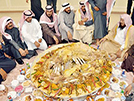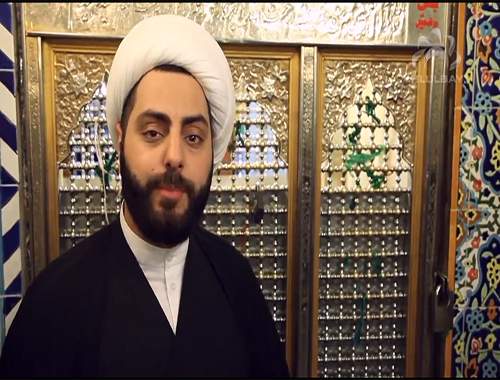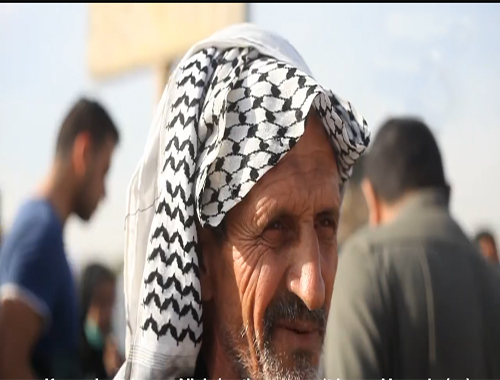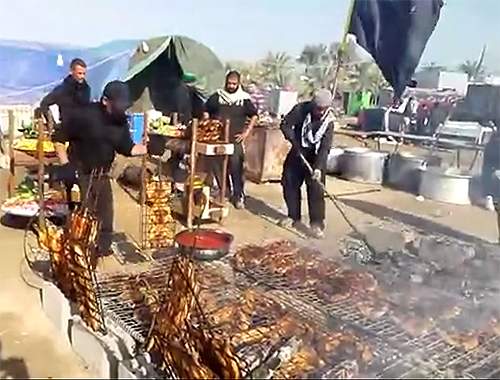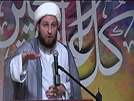Charity is never extravagance
- Details
- Hits: 2851
Charity is never extravagance
Some of the ayats that deal with the subject of charity emphasise it to such an extent that if one gives away all his belongings while he himself is in need of them, he has not been extravagant. On the contrary it is one of the recommended actions and is liked by Allah (S.w.T.). As the following ayat of Qur’an states:
“...and prefer (them) before themselves though poverty may afflict them, and whoever is preserved from the niggardliness of his soul, these it is that are the successful ones.”
(Surah al-Hashr 59:9)
Preferring others to ourselves means that even though we are in need of something that we have, we give it to someone else who also needs it. We prefer to fulfill the other person’s needs rather than our own. This is the spirit of sacrifice mentioned in the Holy Qur’an. In another place we have,
“And they give food out of love for Him to the poor and the orphan and the captive...”
(Surah al-InsÄn 76:8)
Majority of the MufassirÄ«n (commentator of Qur’an) agree that the above verse was revealed in praise of ‘Ali (a.s.), Fatemah Zahra (S), Imam Hasan (a.s.), Imam Husain (a.s.) and their maid, Fizza when they had fasted for Three days consecutively and every day at the time of breaking the fast they gave the bread in the way of Allah (S.w.T.) and contended themselves by ending the fast with plain water.
A person enquired from Imam Ja’far as-Sadiq (a.s.), “What is the best charity?” Imam (a.s.) replied,
“One who himself does not possess anything but toils and earns and gives it in the way of Allah. Have you not seen the ayat of Qur’an:
“And they give food out of love for Him to the poor and the orphan and the captive...?”
(al-KÄfi)
A report from a Sunni narrator Asim bin KalÄ«b is mentioned in TafsÄ«r Minhaj us-SÄdiqÄ«n. He reports that a beggar came to the Holy Prophet (S) and requested him for something. The Messenger of Allah (S) sent someone to his residence to get something for the beggar but he was informed that there was nothing at home. The Holy Prophet (S) announced among the companions as to who will render help to this poor man. ‘Ali (a.s.) volunteered, saying,
“This destitute shall be my guest tonight.”
He (a.s.) took him home and informed Hazrat Zahra (S) about his condition. Janabe Fatemah Zahra (S) said,
“O ‘Ali! We have food enough for only one person and I had kept it for my daughter Zainab but you may do as you wish.”
Imam (a.s.) said, “It would be better to put the children to sleep and put out the lamp because such a less quantity of food will be insulting before the guest.”
Janabe Fatemah (S) did as instructed and the food was placed before the guest. He began to eat and the food was not yet finished when he said, “I am full and the Almighty Allah has given barakat in your food.” Thus he departed happily.
In another narration it is mentioned that afterwards ‘Ali (a.s.), Janabe Fatemah (S), Imam Hasan (a.s.), Imam Husain (a.s.), Janabe Fizza and Janabe Zainab satiated themselves with the remaining food and the happenings were reported to the Holy Prophet (S) the next day, and the following verse was revealed:
“...and prefer (them) before themselves though poverty may afflict them, and whoever is preserved from the niggardliness of his soul, these it is that are the successful ones.”
(Surah al-Hashr 59:9)
It is recorded in al-KÄfi that SamÄ enquired from Imam Ja’far as-Sadiq (a.s.): “If a person has just enough food to sustain him for a day, is it incumbent upon him to give from it to a needy person? Or if one has provisions for a month, only enough for him; is he required to give to those who are destitute? Similarly the one who has stocks for a year or any appointed period. Is it in any way incumbent for him to curtail his own needs and give a part of it to the needy? Would he be implicated if he doesn’t?
Imam (a.s.) explained,
“There are two aspects of this matter, one is that the best of you are those who do good and prefers others over oneself. They are inclined towards sacrifice and charity. Regarding them Allah says,
“...and prefer (them) over themselves.”
The second point is that though one who keeps only the necessary quantity for himself is not blamed, yet the hand of one who gives is better than the hand of one who takes. You must take precedence in helping those who depend upon you.”
Amir ul-Mu’minÄ«n ‘Ali (a.s.) says,
“Selflessness is one of the highest degrees of belief.”
The Holy Prophet (S) says,
“There is no goodness in IsrÄf and there is no IsrÄf in goodness.”
(Safinat’ul-BihÄr)


